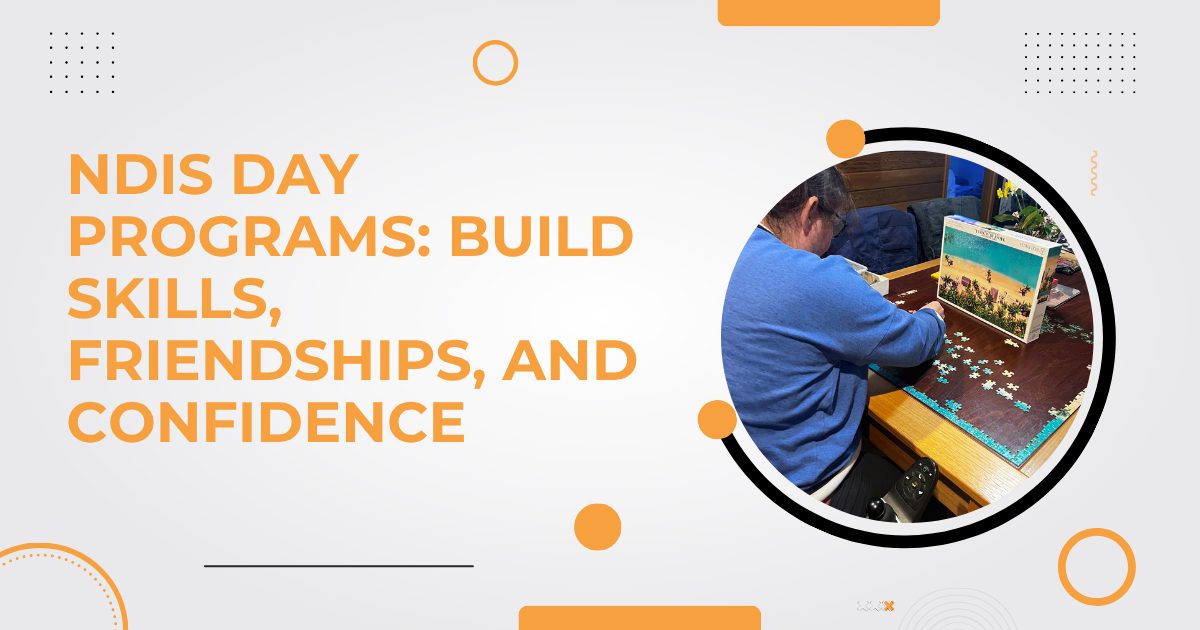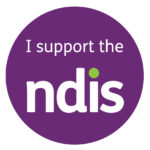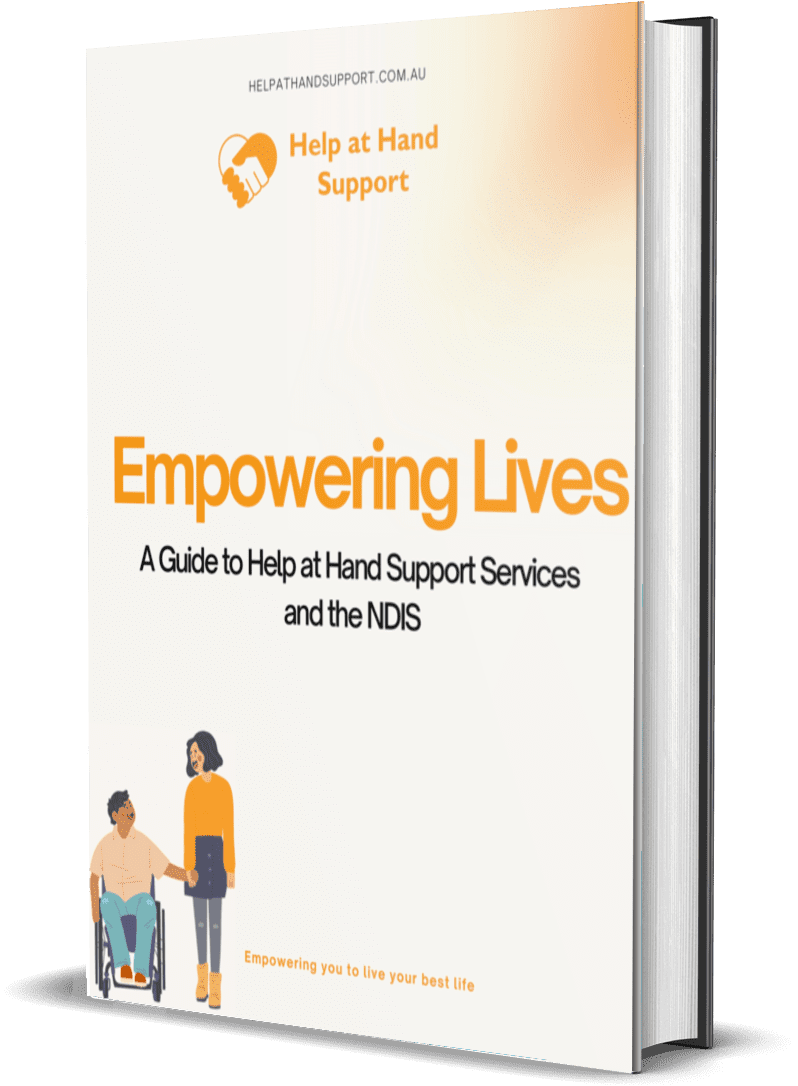What are NDIS day programs, and how do they support participants?
NDIS day programs are structured group-based supports that promote social inclusion, life skill development, and emotional wellbeing.
Registered providers deliver these programs and involve community outings, hands-on learning, recreational activities, and guided personal growth. Each activity is designed to align with the individual’s NDIS goals.
Day programs do not replace therapy or provide full-time care. Instead, they enhance independence and connection by offering meaningful, consistent engagement in a supported environment.

How do NDIS day programs help reduce social isolation for participants?
NDIS day programs reduce isolation by providing regular, structured opportunities for social interaction, building friendships, and inclusive group participation.
Many participants face barriers like limited mobility, anxiety, or social hesitancy that make it hard to connect with others. Day programs address these challenges by:
- Encouraging peer engagement through shared activities such as cooking, bowling, and creative arts
- Fostering inclusive environments where trained staff actively support communication and connection
- Maintaining consistent group settings that build trust and familiarity over time
Through routine attendance, participants form meaningful relationships, which in turn increase their sense of belonging and overall well-being.
Do NDIS day programs directly support the development of life skills?
Yes, NDIS day programs include structured activities that directly build practical life skills such as cooking, travel training, communication, and financial management.
These programs are designed to increase participant independence through real-world learning experiences. Common skill-building components include:
- Travel training – learning how to safely use public transport like buses and trains
- Cooking classes – preparing simple meals and understanding nutrition
- Budgeting practice – managing money, shopping, and using basic financial tools
- Confidence-building – developing social and presentation skills through guided group activities
Every activity is aligned with specific NDIS goals in the areas of Daily Living and Increased Social and Community Participation.
How do NDIS day programs promote active community participation?
NDIS day programs promote community engagement by offering structured, supported outings that enable participants to interact with their local environment and develop practical skills.
Instead of remaining indoors, participants are encouraged to explore and participate in their communities through activities such as:
- Visiting public places like parks, libraries, or museums
- Attending local events, including markets, sports matches, or cultural festivals
- Participating in volunteering or civic programs that build a sense of contribution
- Learning to navigate transport systems and public services with staff support
These experiences enhance confidence, orientation, and connection to the broader community, enabling participants to feel included, capable, and more independent.
Why does routine matter for NDIS participants?
A predictable routine supports emotional stability, especially for participants with anxiety or cognitive conditions.
Day programs offer consistency, which helps participants:
- Know what to expect and feel secure
- Build habits over time (e.g. arriving on time, packing a bag)
- Prepare mentally and physically for activities ahead
- Feel less overwhelmed by sudden changes
This type of routine also helps carers manage other appointments and responsibilities.
Are NDIS day programs safe and supervised?
Yes, registered NDIS providers deliver day programs with trained staff who understand participant needs and safety requirements.
At Help at Hand Support, our team is experienced in:
- Person-centred planning and behavioural support
- Cultural awareness and communication diversity
- Managing medications, mobility equipment, and transport logistics
- Creating inclusive environments for people of all backgrounds and abilities
Each group is run with clear supervision, risk management, and individualised assistance where needed.
What outcomes do NDIS participants experience from day programs?
NDIS day programs lead to increased confidence, stronger social bonds, and improved emotional and physical wellbeing.
Backed by Stanford Medicine research, regular social connection can:
- Increase life expectancy by up to 50%
- Reduce health risks linked to isolation
- Boost immune function and mental resilience
Participants consistently report feeling more confident, less lonely, and more connected — making day programs a vital part of long-term wellbeing and independence.
How can families get started with an NDIS day program?
Families can contact a registered NDIS provider, such as Help at Hand Support, to find a day program tailored to the participant’s goals, abilities, and preferences.
We assist with:
- Matching participants to suitable groups based on interests and support needs
- Arranging safe transport if required
- Offering flexible scheduling for part-time or regular attendance
- Tracking progress in line with the participant’s NDIS plan
To get started, call 1300 822 190 or visit our Day Programs page.
Frequently Asked Questions
What is the cost of attending a day program?
If included in your NDIS plan under group or core supports, the cost is fully covered. We help participants check eligibility.
Can participants choose which days they attend?
Yes. We offer flexible schedules, including part-day and rotating attendance options.
Is transport included in the program?
Transport can be included or arranged separately, depending on your plan and location.
Do I need to commit every week?
No. We can arrange trial visits or casual attendance based on availability and support needs.
Are these programs suitable for individuals with all types of disabilities?
Yes. Programs are tailored to meet the physical, intellectual, and psychosocial needs of individuals. We assess suitability during the intake process.
How Our Community Access Service Enhances the Impact of Day Programs
Community Access helps participants apply day program skills in real-life settings, such as transportation, shops, and local services.
It provides one-on-one support outside the program environment, reinforcing social, travel, and daily living skills.
This ensures that what is learned during day programs is used regularly in the community, improving independence and confidence.
Check out more from our Blog
Book A Care Consult
We will be in contact with you shortly







